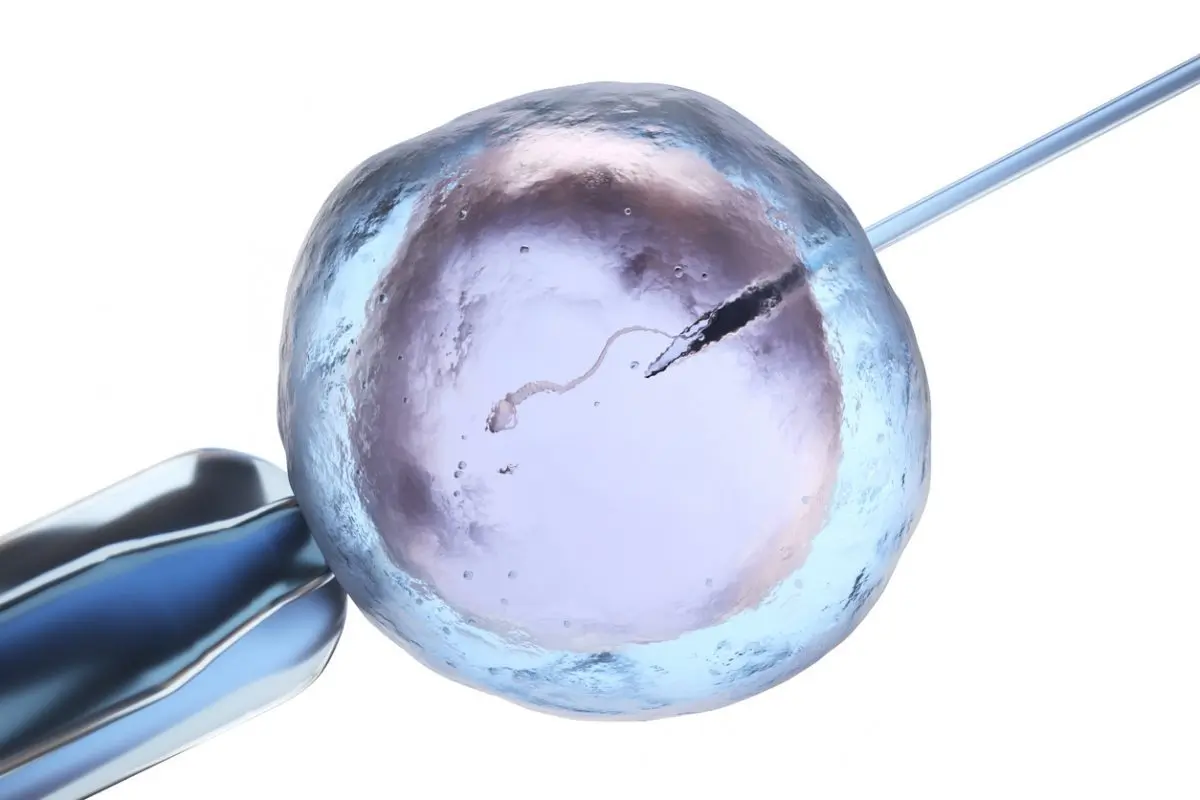What is ICSI?
It’s a common question for couples who are struggling to get pregnant. More formally known as Intracytoplasmic Sperm Injection, ICSI is a type of in vitro fertilization (IVF) that is used to overcome certain fertility issues.
Essentially, the ICSI procedure entails injecting a single sperm directly into an egg during IVF treatments. The process has proven so successful that many fertility clinics offer it regardless of whether the fertility problem has been identified as male, female, or some combination of both partners.
Below we’ll take a closer look at the ICSI process, how it is performed, and who might be a good candidate for the procedure:
What Is Intracytoplasmic Sperm Injection (ICSI)
For a man’s sperm to fertilize a woman’s egg, the sperm must attach to the outside of the egg before penetrating its outer layer and entering the inner cytoplasm, where fertilization occurs. So when sperm has difficulty getting past the egg’s outer layer (which can be for several reasons), fertilization fails to occur. That’s where Intracytoplasmic Sperm Injection is most helpful.
The procedure overcomes those fertility barriers by injecting a single sperm directly into the cytoplasm, after which the fertilized embryo is transferred back into the female.
How the ICSI Procedure Works
As noted, the ICSI procedure is often done for couples already undergoing IVF treatments, and so for the female, the standard cycle of ovulation induction and egg retrieval is performed. The male, meanwhile, gives a semen sample, which is processed in the laboratory through centrifuging, separating the live sperm cells from debris and dead sperm. An embryologist then sifts through the live sperm and picks up a single sperm through a glass needle, and injects it directly into the egg’s cytoplasm.
Finally, after fertilization occurs, the embryo is transferred back into the woman’s uterus.
Comparing ICSI vs. IVF
ICSI is technically a type of IVF, although it’s easy to get the two confused. In traditional IVF, the fertility doctor places thousands of sperm in a laboratory dish with a mature egg, allowing for fertilization to occur naturally.
ICSI, on the other hand, enhances the chance of fertilization by directly injecting a single healthy sperm into the egg’s cytoplasm.
In both IVF and ICSI, after the egg is fertilized, the embryo is transferred back into the uterus, with the hope that it will attach to the uterine lining and result in a pregnancy.
Who Might Need ICSI
Numerous fertility issues might mean that the ICSI process is right for you, including:
- Blockage in the male reproductive tract
- Eggs not fertilized by traditional IVF, no matter the condition of the sperm
- Sperm not moving correctly or having trouble attaching to the egg
- Anejaculation or retrograde ejaculation issues
- The male partner has too few sperm for IUI or IVF
- Eggs that were matured in vitro or previously frozen
- The person supplying the egg is over the age of 35
The Success Rate of the ICSI Process
The exact success rates fluctuate depending on the source, but experts agree that ICSI successfully fertilizes an egg well over half the time, with some labs reporting success rates as high as 80%. Success like that helps explain why IVF with ICSI is used in roughly six in 10 fertility patients.
Why New Hope?
New Hope Fertility Center is home to world-renowned fertility specialists. We custom-design fertility treatments for the individual to increase the chances of a successful pregnancy. Our specialists believe in putting the patient first and being with them through every step of the fertility journey. Our team is well-versed in helping women of all ages reach their fertility goals and we are passionate about educating, and supporting our patients throughout their journey. If you want compassionate fertility care, New Hope is the right place for you. Call us at (347) 970-8479 or schedule your initial consultation today!

